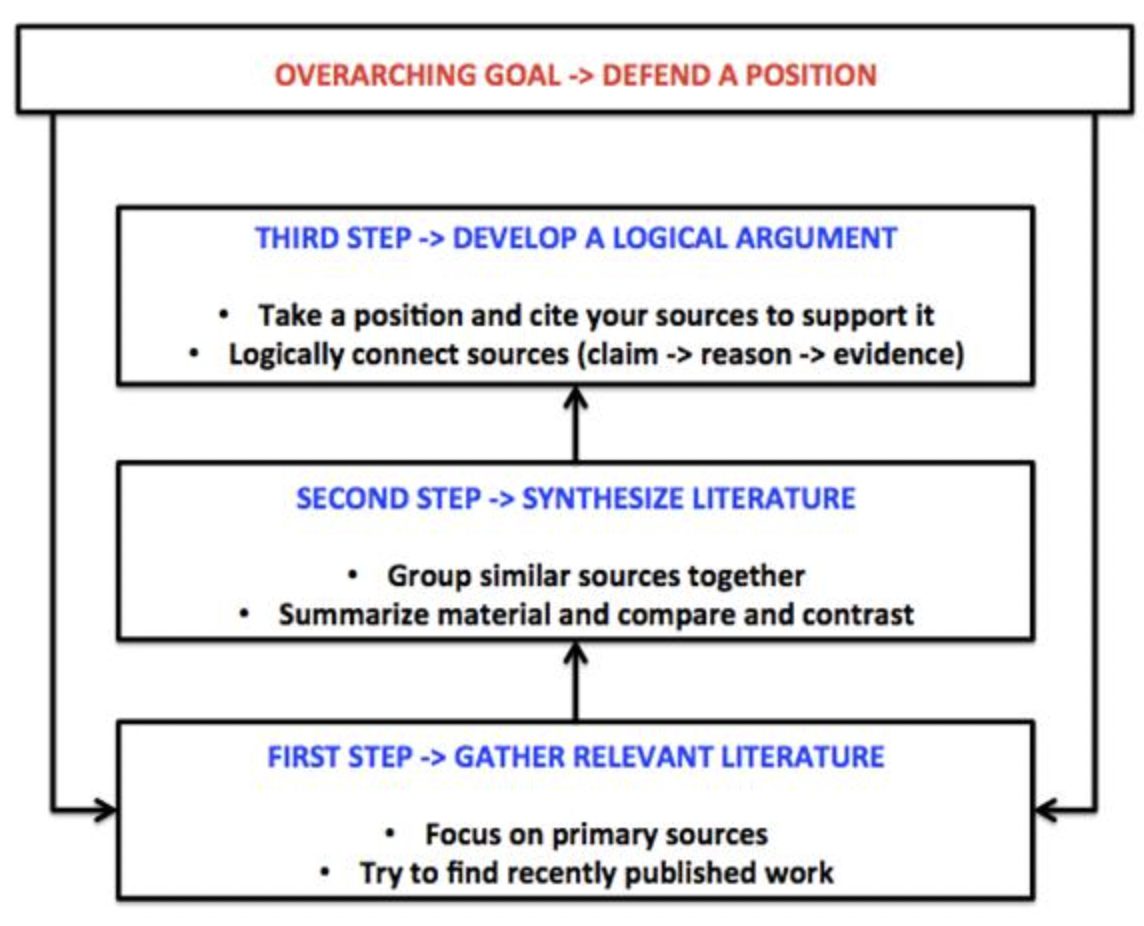Introduction
Science is a process of accumulating knowledge about the natural world. It is both a body of knowledge and a way of acquiring new knowledge. The scientific method is used to test hypotheses and to build theories. Science is used to understand the natural world and to solve problems in medicine, engineering, and other fields.
What is science essay?
A science essay is a type of essay that discusses the process of acquiring new knowledge about the natural world. It can be divided into two main types: explanatory and argumentative. Explanatory science essays explain how something works or why something happens. Argumentative science essays present an argument for or against a particular hypothesis or theory. Save your time with xclusivepapers.com help and be sure of a quality result.
Explain 10 features of scientific writing
- writing is usually in the third person
Most writing is done in the first person, using “I” or “we.” However, scientific writing is usually done in the third person. This gives the writing a more objective tone and makes it less personal. It also allows readers to distance themselves from the writer’s opinions and views.
- use of technical terms and jargon
Technical terms are words that are specific to a particular field of study. They can be difficult for non-experts to understand. Jargon is a type of technical term that is used by experts in a particular field to communicate with one another. It can be difficult for non-experts to understand jargon too. Scientists often use technical terms and jargon in their writing because they want to be precise and accurate. They also want to make sure that their readers will understand what they are saying.
- use of passive voice
The passive voice is a verb tense that emphasizes the action rather than the actor. In scientific writing, the passive voice is often used because it allows writers to avoid making claims about who did what. For example, instead of saying “John threw the ball,” you could say “The ball was thrown by John.” This makes the sentence sound more objective and less opinionated.
- use of formal language
Formal language is a type of language that is used in serious, academic, or professional contexts. It is often seen as being more difficult to understand than casual or everyday language. Formal language is used in scientific writing because it sounds more objective and professional.
- use of specific and concrete words
Specific and concrete words are easier for readers to understand than general or abstract words. In scientific writing, specific and concrete words are used to make sure that readers will understand what is being said. For example, instead of saying “the plant,” you could say “the rose bush.”
- use of simple sentence structures
Simple sentence structures are easier for readers to understand than complex sentence structures. In scientific writing, simple sentence structures are used to make sure that readers will be able to follow the argument.
- use of short sentences
Short sentences are easier for readers to understand than long sentences. In scientific writing, short sentences are used to make sure that readers will be able to follow the argument.
- use of specific and concrete examples
Specific and concrete examples are easier for readers to understand than general or abstract examples. In scientific writing, specific and concrete examples are used to make sure that readers will be able to follow the argument.
- use of clear and concise language
Clear and concise language is easier for readers to understand than complicated or wordy language. In scientific writing, clear and concise language is used to make sure that readers will be able to follow the argument.
- use of logical reasoning
Logical reasoning is a way of thinking that is based on making deductions from specific premises. In scientific writing, logical reasoning is used to make sure that readers will be able to follow the argument.
Conclusion
Scientific writing has many features that make it different from other types of writing. These features include the use of technical terms and jargon, the use of passive voice, the use of formal language, the use of specific and concrete words, the use of simple sentence structures, the use of short sentences, the use of specific and concrete examples, the use of clear and concise language, and the use of logical reasoning. All of these features help to make scientific writing more accurate, specific, and easy to understand.



